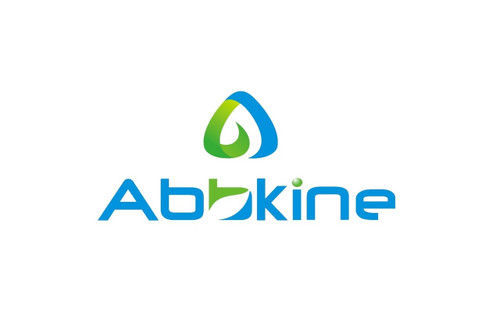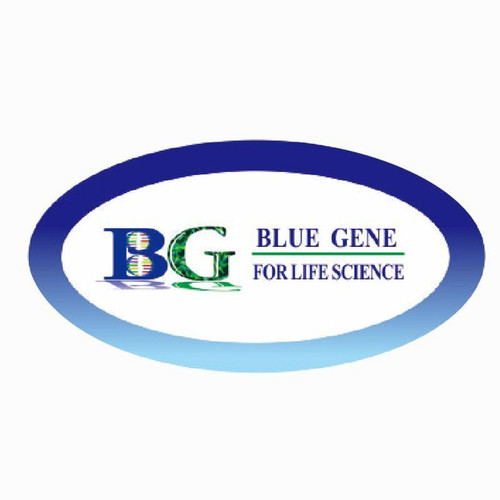Product Description
Rat Tropomyosin beta chain (TPM2) ELISA Kit | AE13677RA | Abebio
Species Reactivity: Rat (Rattus norvegicus)
Abbreviation: TPM2
Alternative Name: RP11-112J3.4; AMCD1; DA1; DA2B; NEM4; TMSB;
Application: ELISA
Range: 0.312-20 ng/mL
Sensitivity: 0.119 ng/mL
Intra-Assay: ≤4.2%
Inter-Assay: ≤7.7%
Recovery: 1, 01
Sample Type: Serum, Plasma, Other biological fluids
Detection Method: Sandwich
Analysis Method : Quantitive
Test Principale: This assay employs a two-site sandwich ELISA to quantitate TPM2 in samples. An antibody specific for TPM2 has been pre-coated onto a microplate. Standards and samples are pipetted into the wells and anyTPM2 present is bound by the immobilized antibody. After removing any unbound substances, a biotin-conjugated antibody specific for TPM2 is added to the wells. After washing, Streptavidin conjugated Horseradish Peroxidase (HRP) is added to the wells. Following a wash to remove any unbound avidin-enzyme reagent, a substrate solution is added to the wells and color develops in proportion to the amount of TPM2 bound in the initial step. The color development is stopped and the intensity of the color is measured.
Product Overview: TPM2 isbeta-tropomyosin, a member of the actin filament binding protein family, and mainly expressed in slow, type 1 muscle fibers. Mutations in this gene can alter the expression of other sarcomeric tropomyosin proteins, and cause cap disease, nemaline myopathy and distal arthrogryposis syndromes. Alternatively spliced transcript variants encoding different isoforms have been found for this gene. TPM2 gene in 14 probands with DA1. Only a single mutation was found. This was a C-to-G transversion in nucleotide 271 that resulted in an arginine-to-glycine substitution at amino acid residue 91 (arg91 to gly) . It was found in the proband and affected family members of the kindred originally used to map DA1 to chromosome 9.
Stability: The stability of ELISA kit is determined by the loss rate of activity. The loss rate of this kit is less than 5% within the expiration date under appropriate storage condition. The loss rate was determined by accelerated thermal degradation test. Keep the kit at 37°C for 4 and 7 days, and compare O.D.values of the kit kept at 37°C with that of at recommended temperature. (referring from China Biological Products Standard, which was calculated by the Arrhenius equation. For ELISA kit, 4 days storage at 37°C can be considered as 6 months at 2 - 8°C, which means 7 days at 37°C equaling 12 months at 2 - 8°C) .
 Euro
Euro
 USD
USD
 British Pound
British Pound
 NULL
NULL








